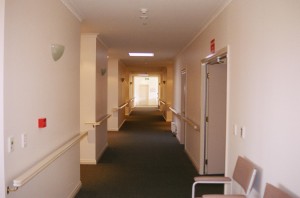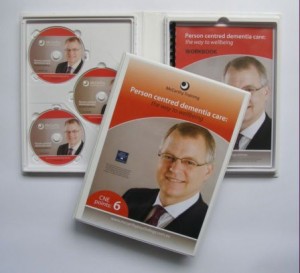 Have you ever noticed how anxiety gets in the way of expressing yourself fluently? Ever sat in an interview and frozen up to the point you knew you were talking nonsense and couldn’t do a thing about it? You want to say something really important and you clam up, freeze. Words don’t come. Mind numbing silence fills your head. Several minutes later when you are calm the words flow easily and fluently. And you beat yourself up for being so frozen.
Have you ever noticed how anxiety gets in the way of expressing yourself fluently? Ever sat in an interview and frozen up to the point you knew you were talking nonsense and couldn’t do a thing about it? You want to say something really important and you clam up, freeze. Words don’t come. Mind numbing silence fills your head. Several minutes later when you are calm the words flow easily and fluently. And you beat yourself up for being so frozen.
Anxiety causes our verbal brain centres to cease working efficiently and it take considerable effort to manage the anxious thoughts that interfere with saying what we want to say. The verbal centres are located not far from the emotional areas in the limbic system of the brain, so emotional upset interferes with verbal expression. When we are relaxed we find the words easily but in front of an audience or in an interview the words are more difficult to produce. Anxiety gets in the way.
The fight or flight syndrome so often talked about is helpful here in understanding why it happens. When we are under threat it is not so helpful to talk your way out of it but more helpful to run or fight. Talking is a relatively modern human ability and our brains haven’t caught up with the effect of thousands of years of running or fighting.
It is worth noting that the anxiety literature also recognises “freezing” as the third option that common let occurs when people become anxious. Some people report such experiences when confronted with overwhelming trauma such as rape or other physical attack. Freezing is our way of staying still and maximising our chance of survival in the face of a marauding foe that is skilled at detecting a moving prey. Freezing can keep you alive.
However, to come back to our theme of the effect of anxiety on verbal skills, freezing can interfere with modern social function when we want to keep talking when we are anxious.
There is useful information on social anxiety on many of the anxiety website via google. One you could try is:
http://www.socialanxietyassist.com.au/
The more relaxed you are the better your words will flow. Several things are important to maximise your fluent speech if you know you are likely to be anxious and you know it may affect your performance:
1. Rehearse what you are going to say on your own. Then do it with a friend whose opinion you value. Ask for feedback. Do it again.
2. if you can visit the location so you are familiar with the situation. Walk up to the podium if you are speaking in front of a group. Check it out.
3. Be clear about the self-talk that chatters in your head. Is it undermining you or helping you? You need reasonable talk that is realistic and balanced. Find a statement that helps you to remain positive and realistic. Avoid being overly positive in your thoughts because that can be just as much of a problem as overly negative thinking.
4. Calm your physical signs of anxiety by breathing slowly and evenly for several minutes at a time. This helps in keeping oxygen and carbon dioxide levels in balance. Over breathing or shallow breathing can make you dizzy.
5. Keep up your usual activity so you avoid disconnecting from the world around you and getting lost in your own head. Phone a friend if need be.
Do you find these suggestions helpful? What do you do to manage anxiety or keep your verbal skills going when you feel anxious?




